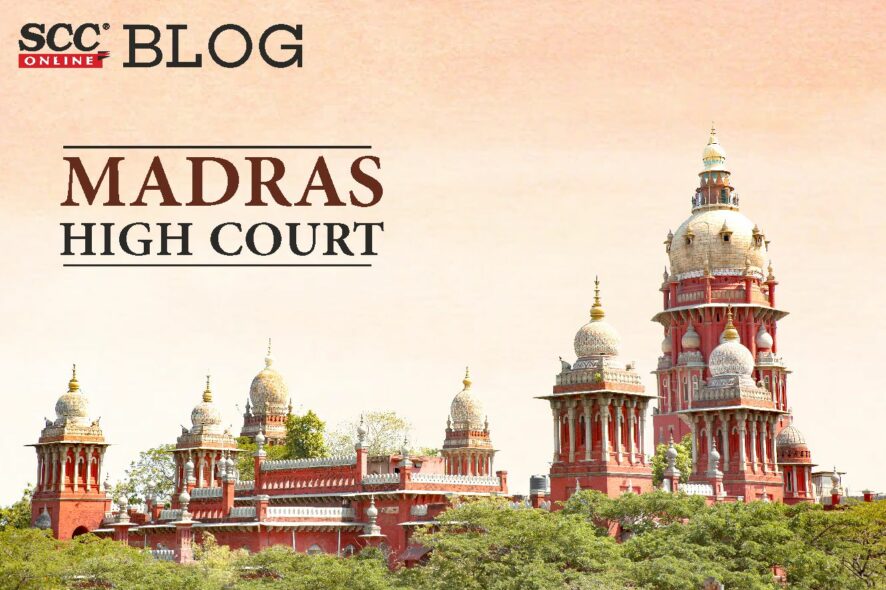Madras High Court: N. Anand Venkatesh, J., addressed a matter with regard to coparcenary rights of sons and daughters.
Plaintiff had sought for relief of partition and for allotment of 1/5th share in the suit property and also sought for declaration of the sale deed executed by the 1st defendant in favour of the 5th defendant as null and void.
Plaintiff’s case was that the suit property formed part of a larger extent of property which was ancestral in nature. It was claimed that 1st defendant father and defendants 2 to 4 who were the sisters of the plaintiff were each entitled 1/5th share in the suit property.
The grievance of the plaintiff was that the 1st defendant went ahead and sold an extent of 36 cents in favour of the 5th defendant through a sale deed and according to the plaintiff, this sale deed was null and void and not binding on the other sharers. Further, the 1stdefendnat was not coming forward to allot the shares to the other legal heirs and hence, the suit came to be filed seeking for the reliefs.
1st defendant submitted that he was the absolute owner of the property during his life time and plaintiff cannot claim any share in the property.
Analysis, Law and Decision
High Court noted that the source of the property was admitted to be ancestral.
Main Issue
Nature of inheritance made by the three sons of Thalaivirichan Reddy.
The Bench expressed that, even after the Joint Family properties are partitioned and allotted to each sharer, the same can be held to be the individual property of the sharer only till a son and/or daughter are born. Once a son and/or daughter is born, they will get a right and share over the property by birth. As rightly held in the above judgment, the 1956 Act has not put to an end the co-parcenary rights and infact, it continues to be reiterated after the coming into force of the 2005 amendment Act.
Further, the Court expressed that,
Even if there was a family arrangement between the three sons of Kathavaraya Reddy and by virtue of the same, the 1st defendant had allotted 1.07 acres, the moment the plaintiff and defendants 2 to 4 were born, they will also be entitled for a share in the property.
In High Court’s opinion, lower Courts had lost the sight of law governing the property and had erroneously concluded that the property in the hands of 1st defendant was his exclusive property and that daughters will not be entitled to claim a share in the property.
It is nobody’s case that the 1st defendant had sold the property and had utilized the money for illegal purposes. Therefore, the assumption should be that it was utilized by the 1st defendant for the family.
“…this Court must also safeguard the rights of the plaintiff and defendants 2 to 4 to the extent possible and ensure that they get a reasonable share in the suit property. This is the only way to balance the rights of the daughters and the father in the suit property.”
Court added that,
The manner in which the property is going to be distributed by balancing the equities can be decided by the Trial Court at the time of passing the final decree.
Hence, the second appeal was partly allowed granting 1/4th share to the plaintiff and defendants 2 to 4 in the property that remained after the extent that had already been sold in favor of 5th respondent. [S. Sampoomam v. C.K. Shanmugam, 2022 SCC OnLine Mad 1594, decided on 5-4-2022]
Advocates before the Court:
For Appellant: Mr.A.Gouthaman
For Respondents: Mr.R.Rajarajan for R1 to R5







